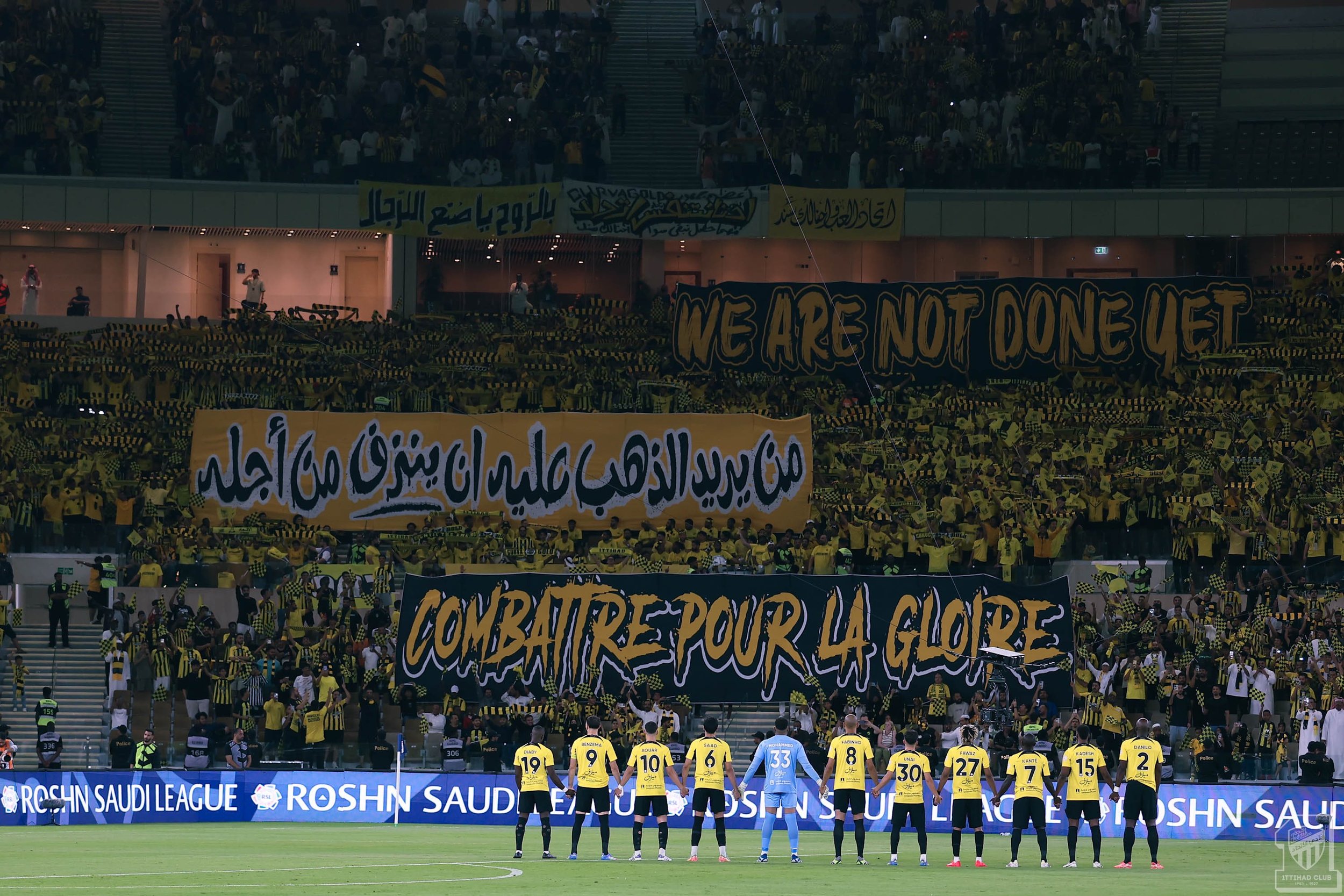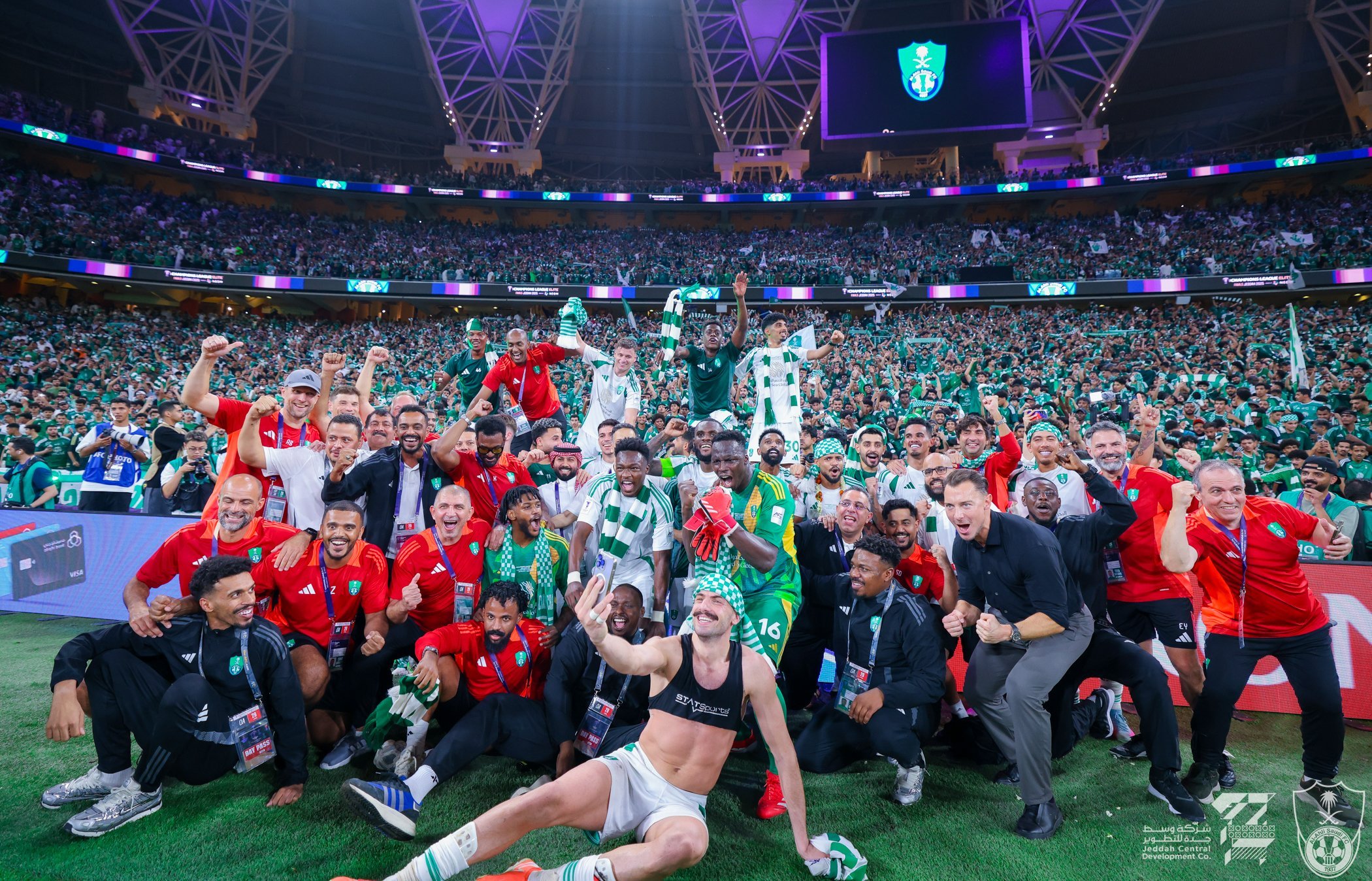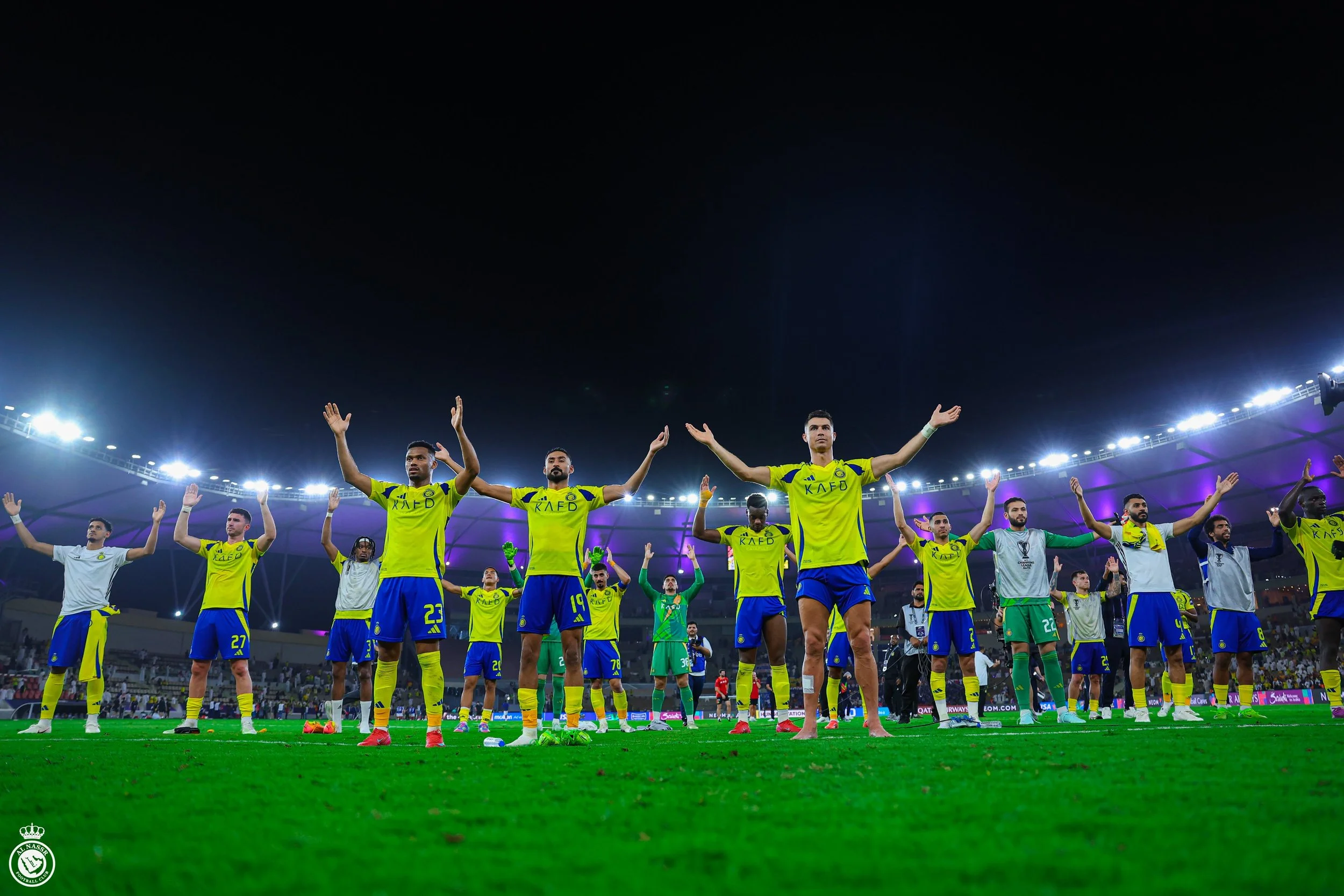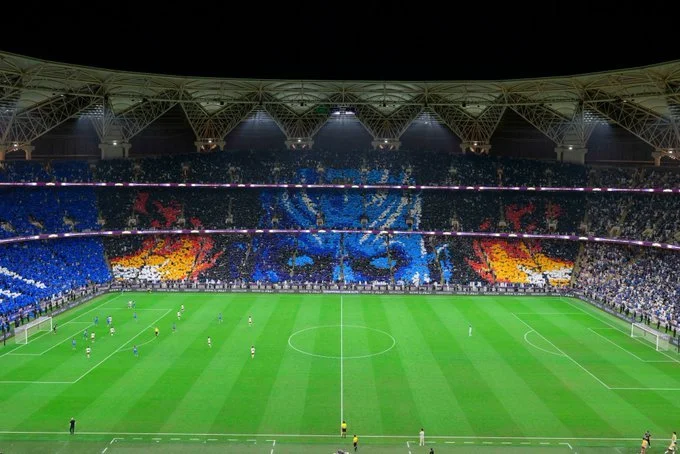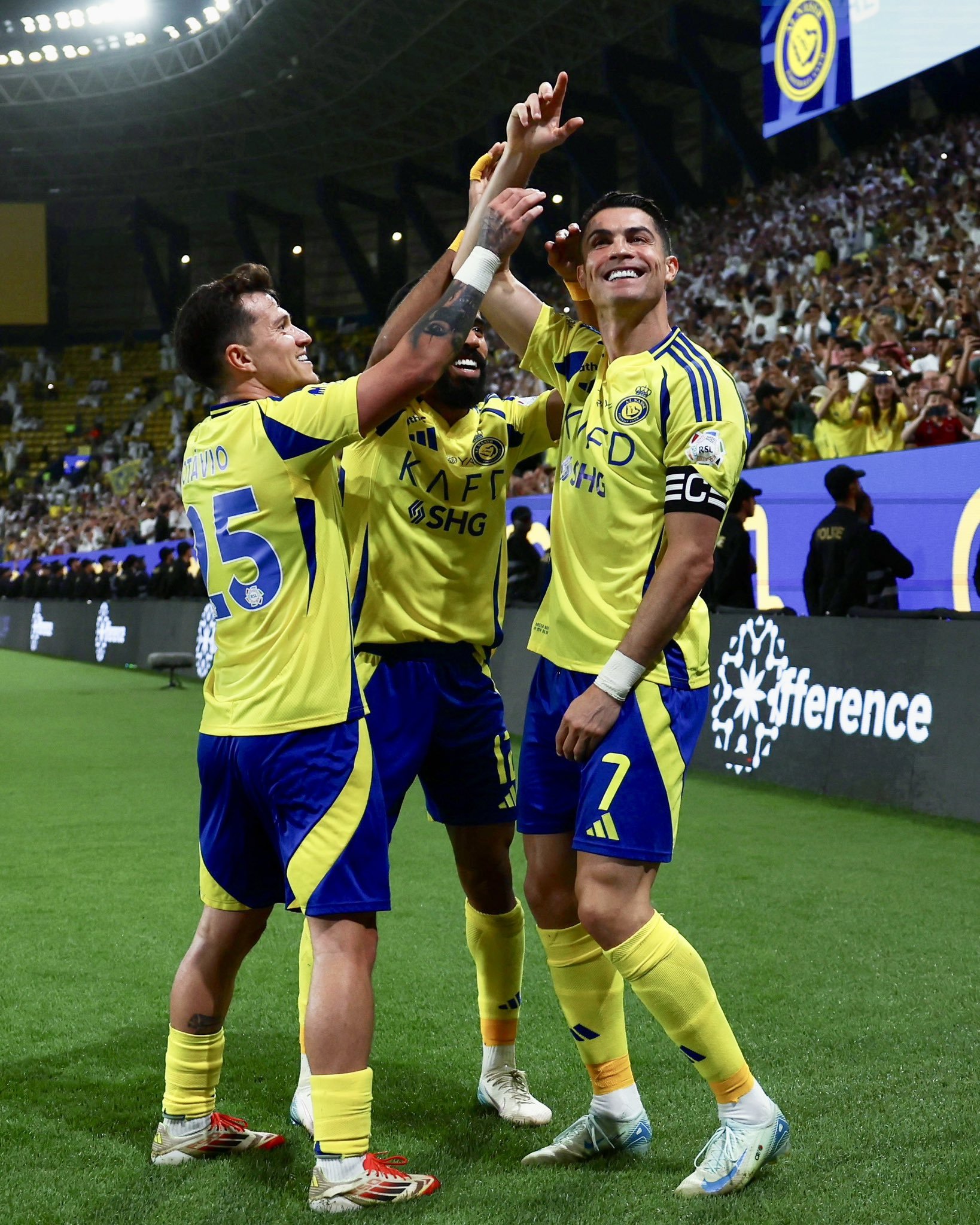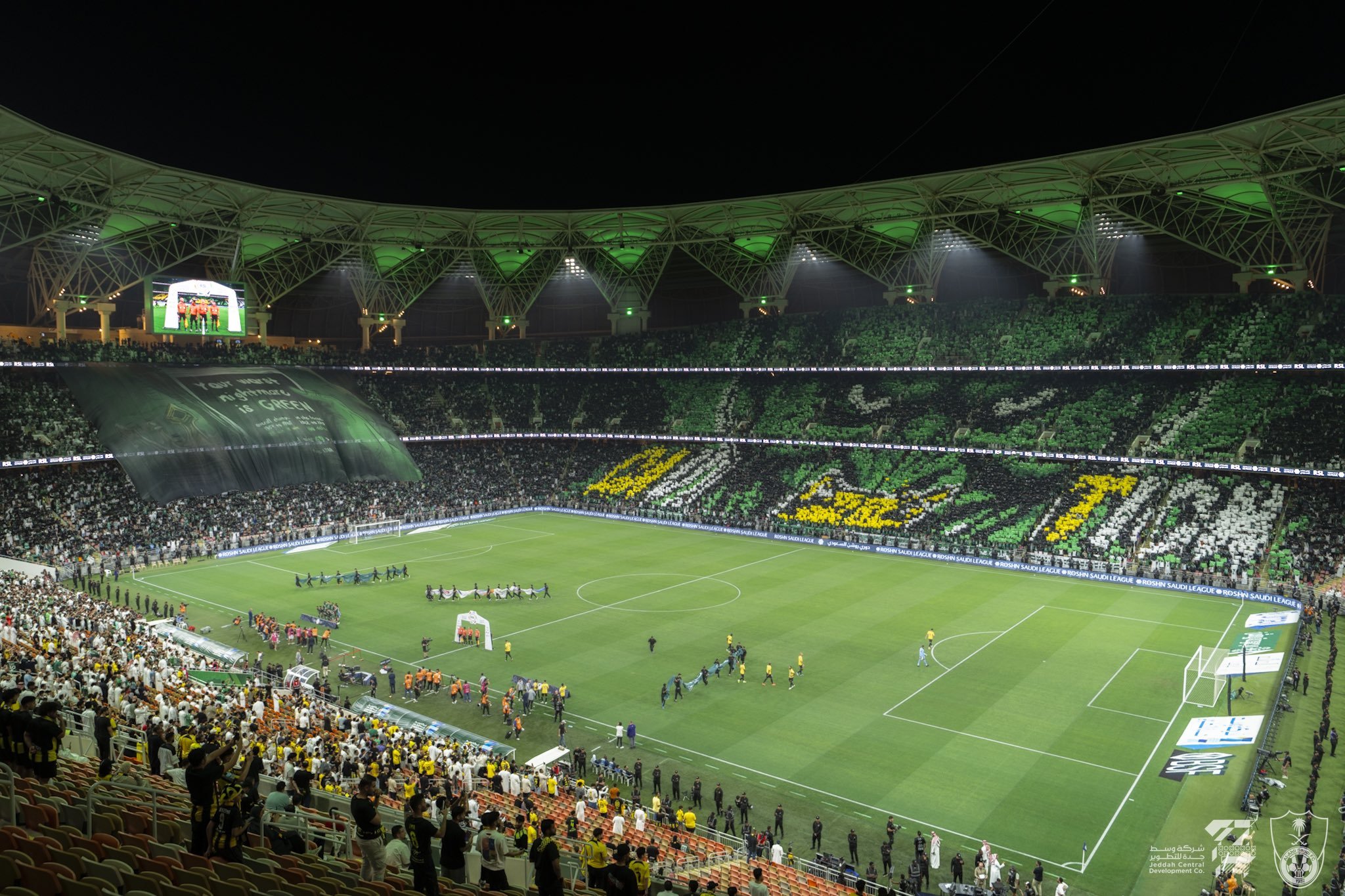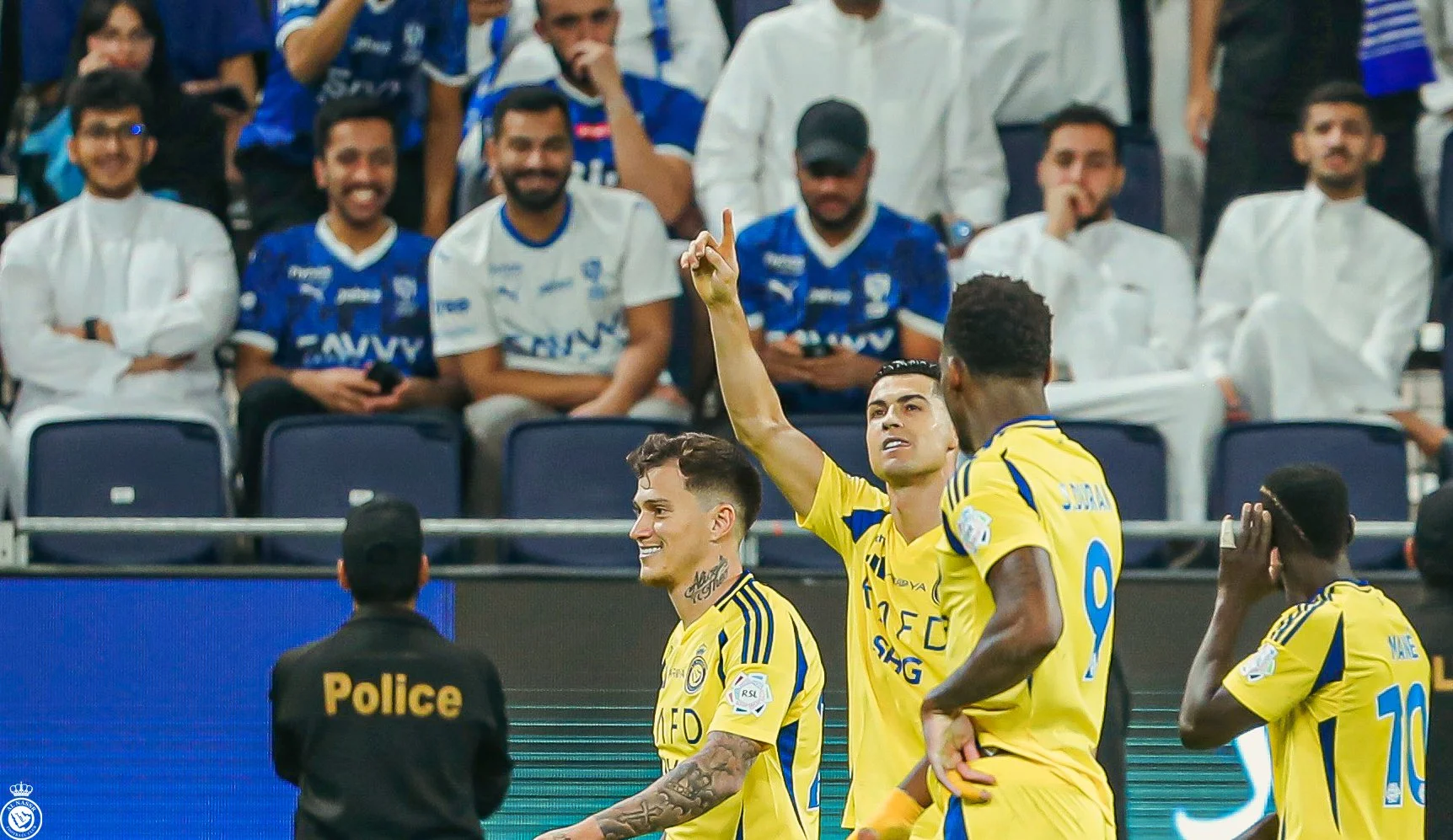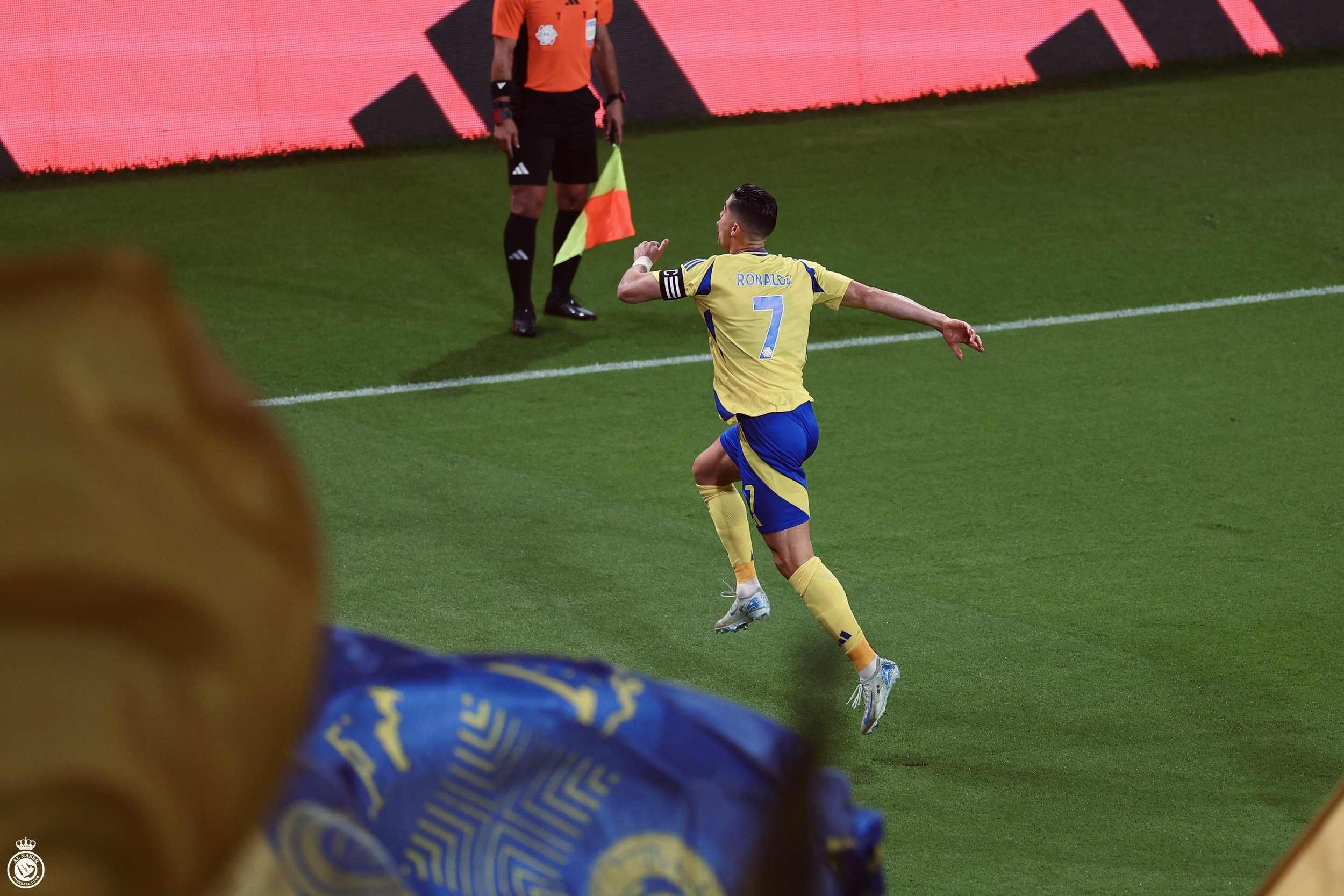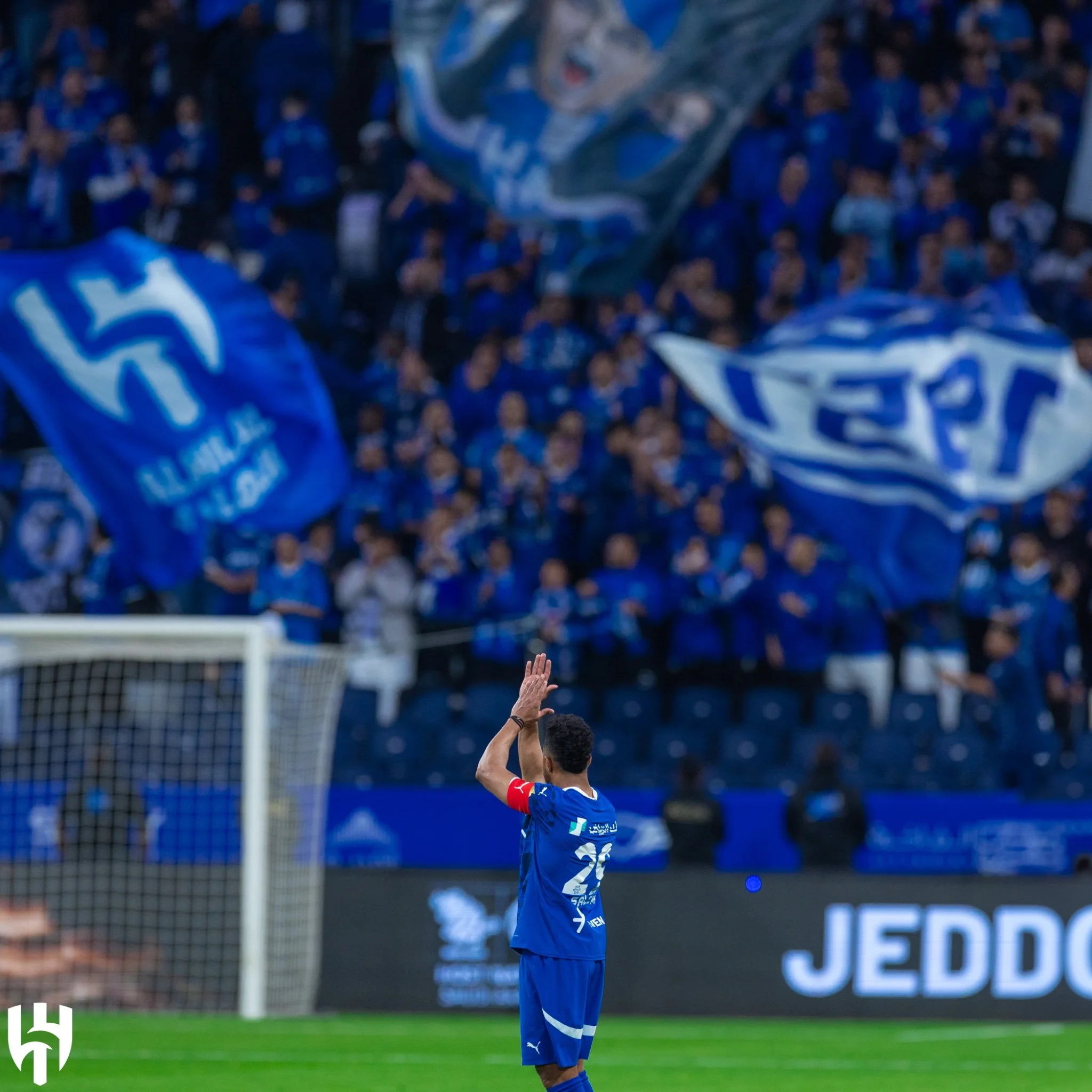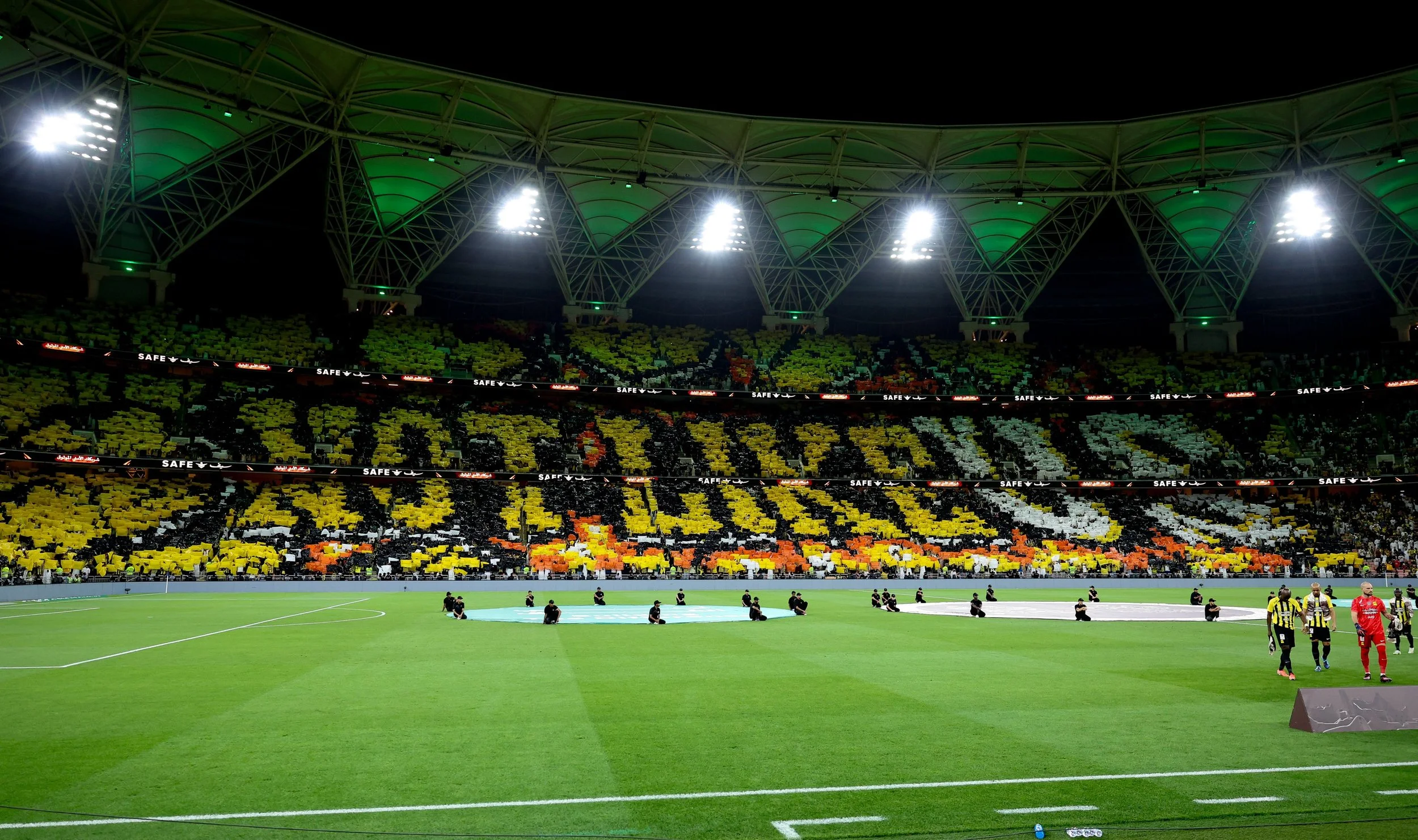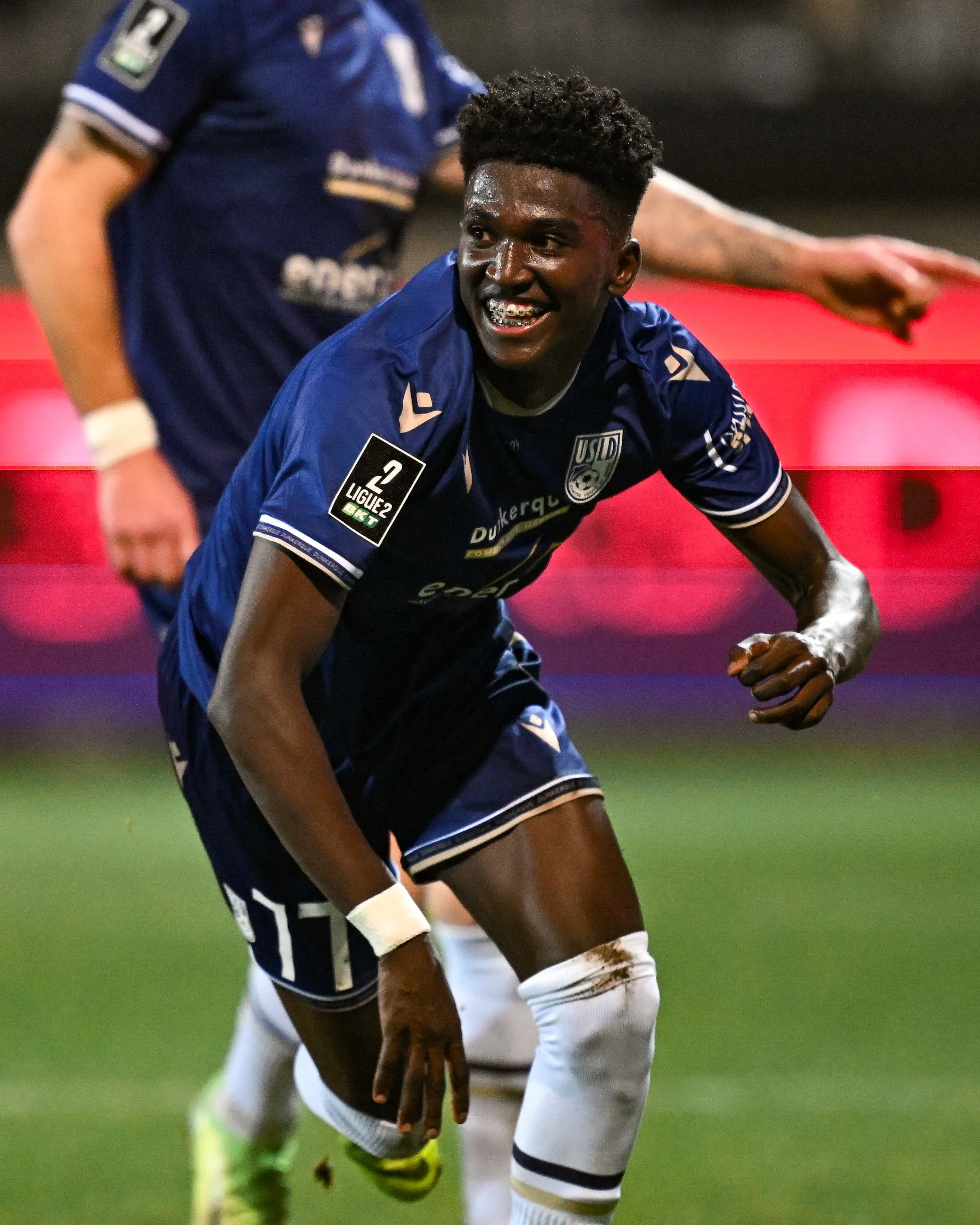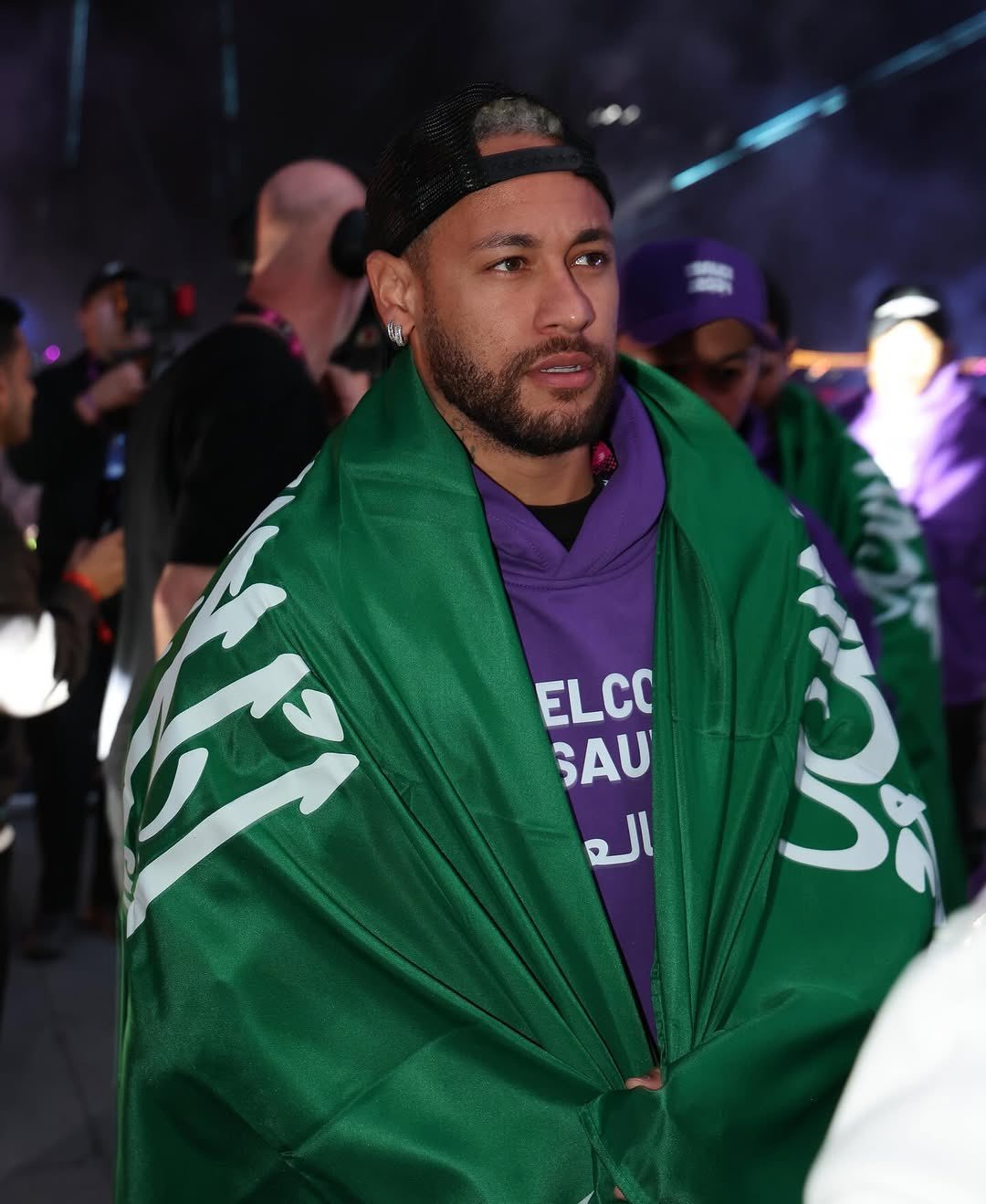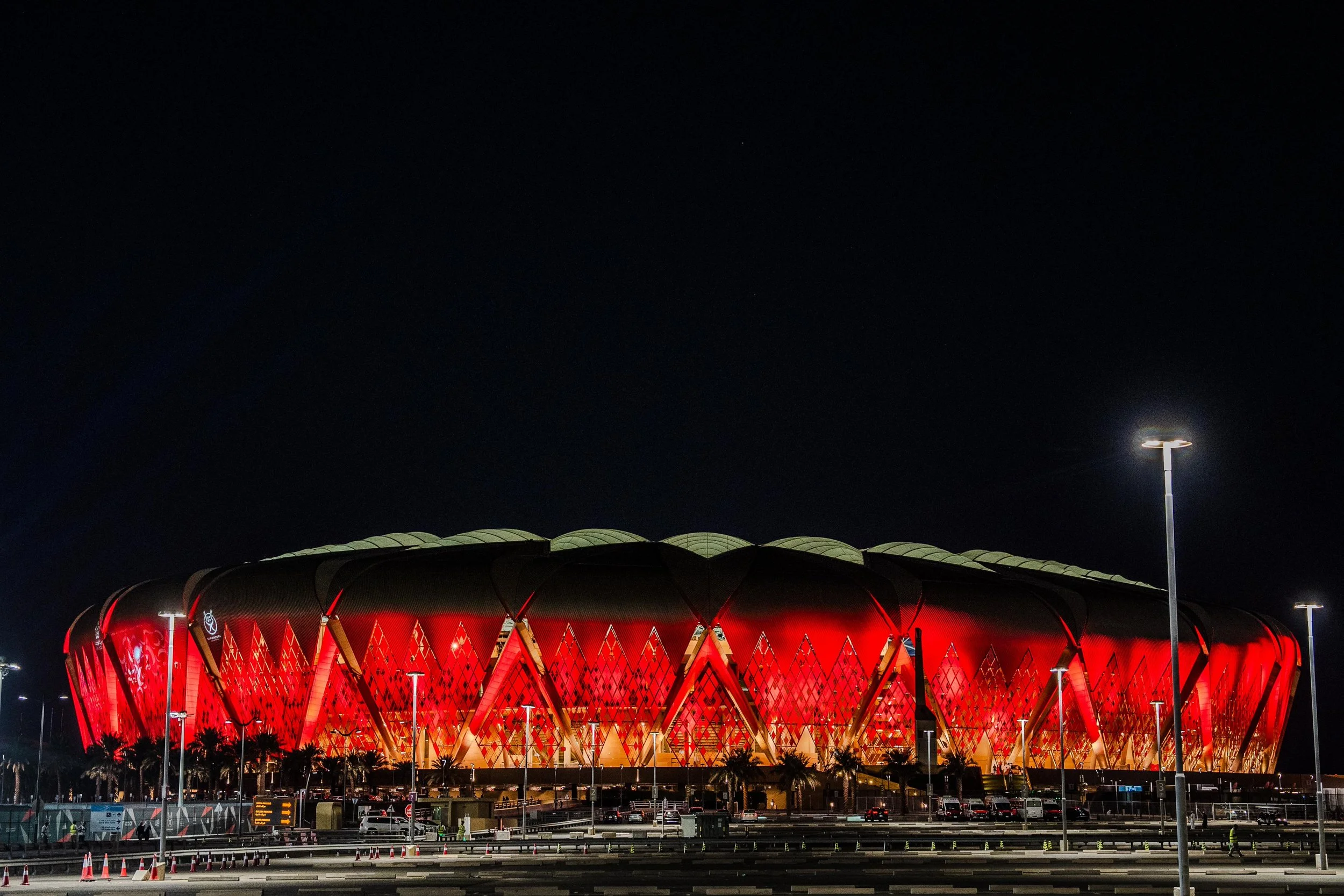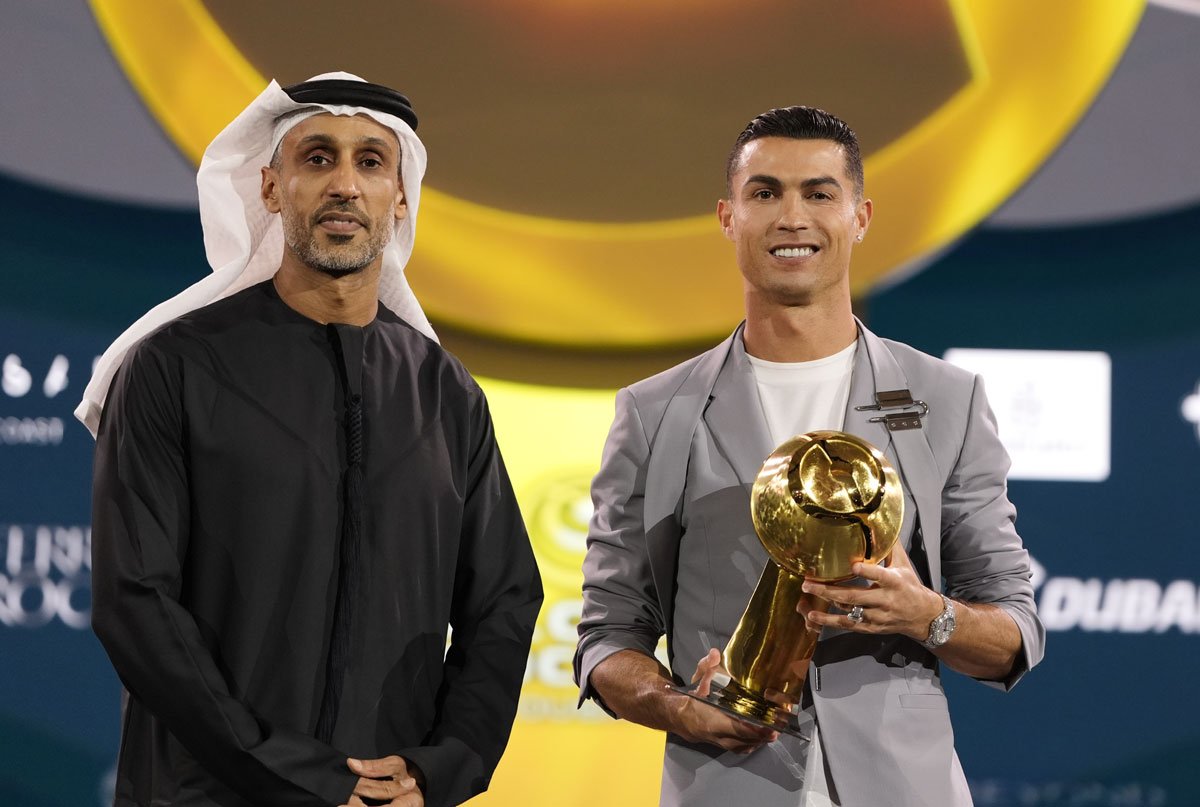The Saudi Pro League's 2024 summer transfer window drew to a close on Monday night, marking the end of a fascinating period in Saudi football.
Contrary to expectations, this window saw a more measured approach to spending, focusing on strategic acquisitions rather than the massive spending sprees of recent years. This shift aligns with the Saudi government's ongoing efforts to elevate the league's global status.
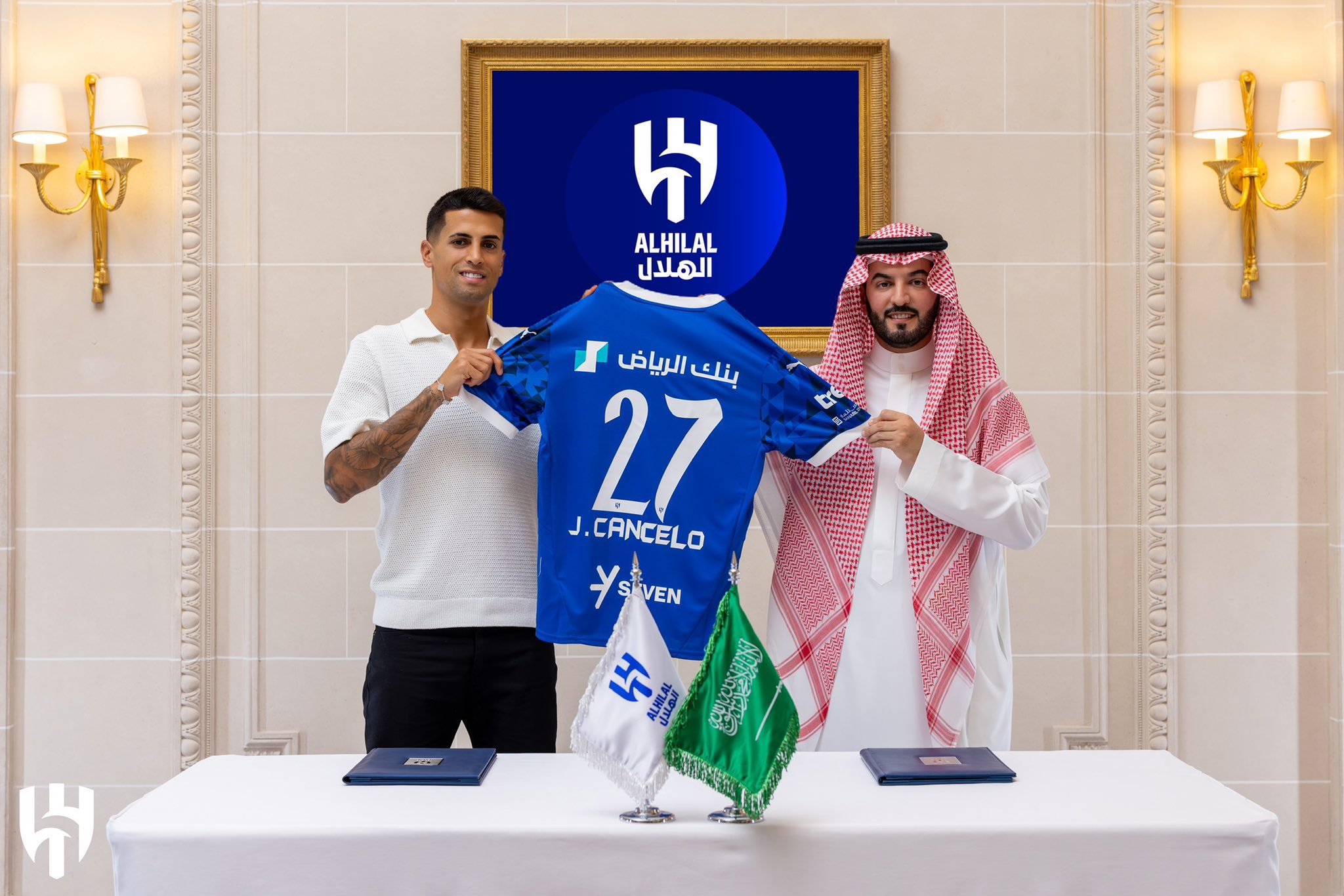
Key Transfers
Several high-profile moves highlighted the window:
Moussa Diaby: The French winger joined Al Ittihad from Aston Villa for €60 million, a move reportedly requested by teammate Karim Benzema.
Ivan Toney: Al Ahli Jeddah secured the English international from Brentford for €42 million. Toney's reported weekly salary of £400,000 after tax underscores the league's financial pull.
João Cancelo: The Portuguese defender moved from Manchester City to Al Hilal for €25 million.
Al Ittihad emerged as the most active PIF-backed club, also signing Houssem Aouar from AS Roma (€12m), Danilo from Paris Saint-Germain (€5m), and Steven Bergwijn from Ajax (€21m).
Other notable transfers included Pierre-Emerick Aubameyang, Nahitan Nandez, and Nacho Monreal joining Al Qadsiah, while Kurt Zouma signed with Al Orobah.
Emerging Trends
This window revealed two significant shifts in transfer strategy:
Focus on Young Talent: Saudi clubs showed increased interest in promising young players, particularly from Brazil and Latin America. Notable signings include Alexsander (Al Ahli Jeddah), Ângelo and Wesley (both Al Nassr), Marcos Leonardo (Al Hilal), João Costa (Al Ettifaq), and Robert Renan (Al Shabab). The Argentine market also opened up, with Ezequiel Fernandez joining Al Qadsiah.
Internal Market Growth: Transfers between Saudi clubs saw a dramatic rise in player valuations. The most significant domestic move was Mutab Al Harbi's €28.5 million transfer from Al Shabab to Al Hilal.
Strategic Shift in Riyadh?
The Saudi football project appears to be transitioning from high-profile acquisitions to more sustainable, long-term investments. This approach aligns with Crown Prince Mohammed bin Salman's Vision 2030, which aims to diversify the country's economy and enhance its global influence through sports.
The influx of talent is expected to boost the league's domestic and international viewership while attracting lucrative sponsorship deals. This transfer window has positioned the Saudi Pro League as an emerging force in global football, potentially challenging the dominance of Europe's top leagues in the years to come.
As the dust settles on this transfer window, it's clear that the Saudi Pro League is not just spending big but spending smart, setting the stage for sustained growth and competitiveness on the world stage.





